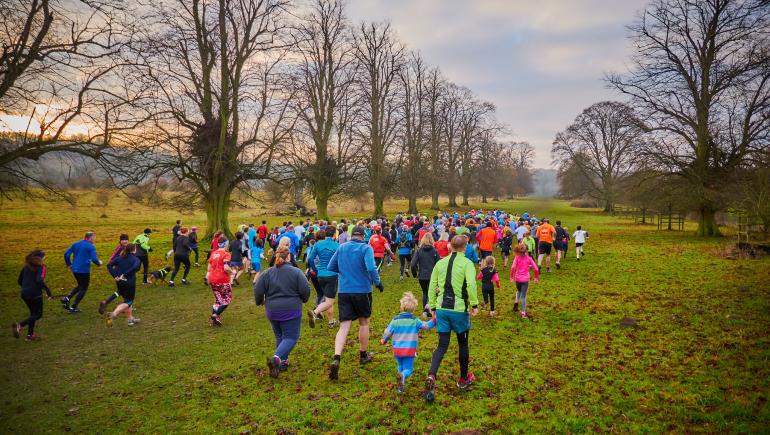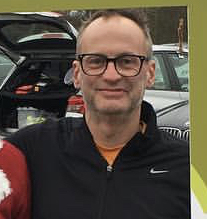 In part two of our extensive interview with parkrun CEO Nick Pearson, we discuss why he's happy the average finish time is getting slower, parkrun's expanding work in prisons and what the future holds for the global fitness phenomenon. (If you missed it, read part one here)
In part two of our extensive interview with parkrun CEO Nick Pearson, we discuss why he's happy the average finish time is getting slower, parkrun's expanding work in prisons and what the future holds for the global fitness phenomenon. (If you missed it, read part one here)
ConnectSport: parkrun's recently-published Run Report promotes the fact that the average finish time has got slower every year. Why is this viewed positively?
There is a greater understanding that how fast you finish a parkrun does not equate to the benefit to you of that parkrun. We would actually argue that our average finish time is not increasing fast enough. But the fact it is definitely represents a broadening of our participation base.
We actually need to be careful as there are a significant number of really fast runners who participate in our events. We should be comfortable celebrating them as much as we celebrate the stories of those who have overcome massive challenges and barriers. When parkrun started 13 years ago it originally attracted only fit, fast runners. What we're not trying to do by broadening it out is to make it only for less-fit, less active people.
But we are aware that those who could benefit most are those that are being left behind by physical activity provision elsewhere in this sector. The benefit to them is much more significant, because without that entry point and that community and peer support when they come to our events on scale, there is nowhere else for them to get their 30-50 minutes of physical activity. But if we didn’t exist on a Saturday morning, those 15-minute 5k parkrunners would still be running elsewhere. We want everyone to feel welcome and equally comfortable, but there is clearly a disproportionate value to those who couldn’t do it anywhere else.
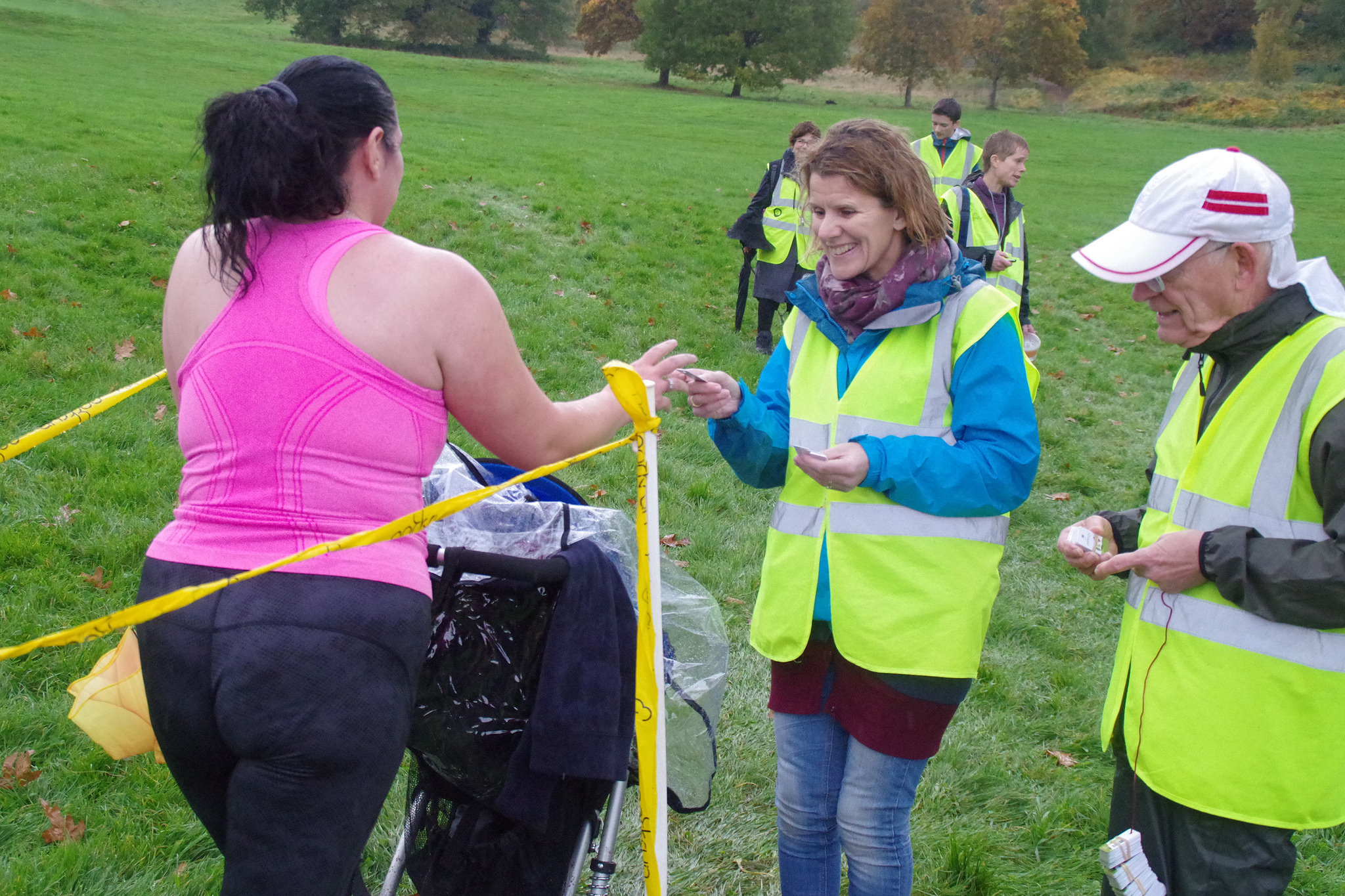
So why isn't the sector offering more of these types of solutions?
I'm not saying that there aren't community projects in isolation able to deliver similar results to parkrun's, but I'm critical that the sector is unable to deliver that on scale. I'm criticising the amount of investment made into projects with no consideration of how you scale them or how you provide the impact we need for this major health challenge.
If we move forwards a generation, where I would like to be is that parkrun has agitated a change within the UK culture whereby the weekend represents free, community-led physical activity that is available for you to use where and when you want to. There needs to be a choice of options.
One of the reasons parkrun works is because you register and you choose. You don't book in, and you don’t get a snotty email if you don’t turn up. Maybe for the first eight weeks you want to go but you're fearful, but it's still there making the same comforting noises. We are - and will always be – available at 9 o'clock on a Saturday morning. That allows you to work up to it in your own time.
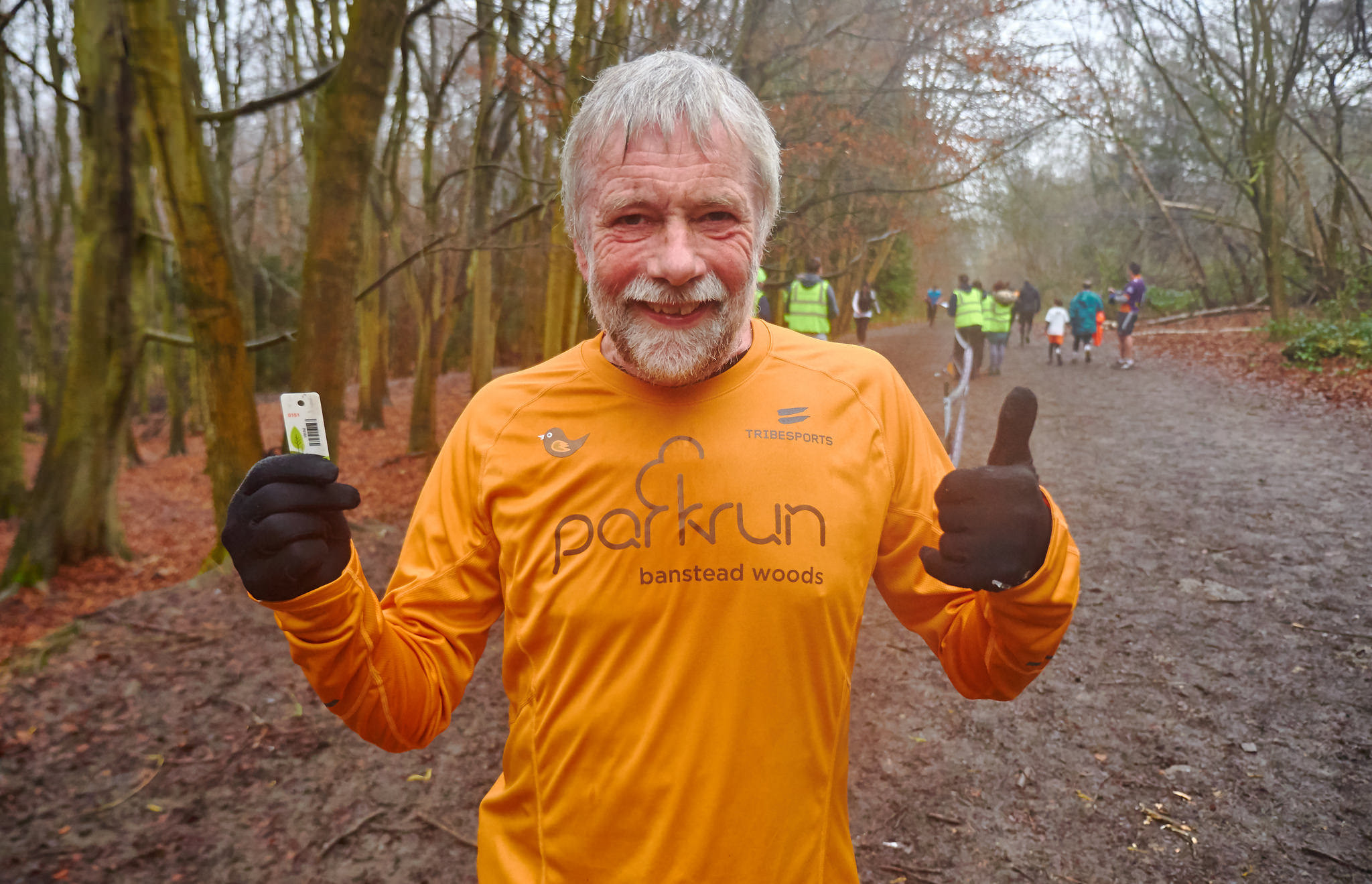
Digging deeper into the details of the Run Report, the work in prisons must make you particularly proud?
Actually it was a team-led initiative that didn’t have my full support to start with. We look at a request or challenge and support it if we can find a low-cost, maintenance-low, scaleable solution. We dismiss it if it's going to draw all the resources and time away from the team and distract from what we're already doing. I never questioned the value, but I did question whether we could find a format that could work and wouldn’t be a distraction. The team passionately felt they could do it - I was proven absolutely wrong and I'm delighted that I was.
That journey is just starting and there are already some great anecdotes coming out of the three prisons we're now in. It will become really commonplace over the next three years and the numbers are going to rise rapidly.
How important is the 28% rise of participants from deprived areas?
It is the area where we are currently most proactive and it's the only area where we have a specific outreach project and a dedicated member of staff to impact that. That project has resulted in us starting 90 junior Sunday morning parkruns in areas in the highest quartile of social deprivation. It's about specifically targeting areas and canvassing support from community groups, youth associations, councils etc, then directly and proactively promoting that activity to try and drive greater levels of participation. This is different to our usual approach: it’s not just a case of starting a new event and waiting for people to turn up.
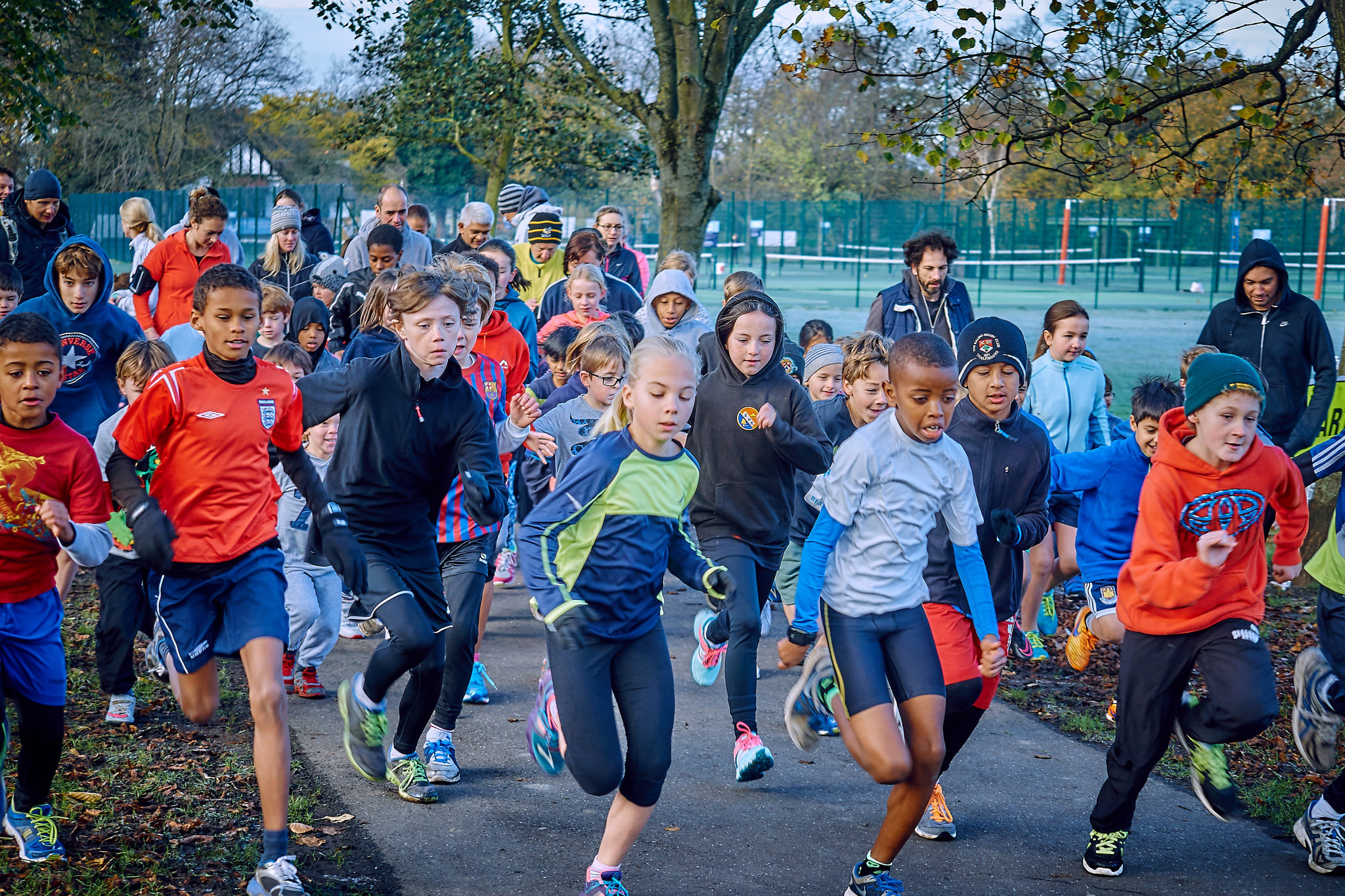
Efforts to increase engagement with those with long-term health conditions are also expanding...
Yes, it goes back to listening and understanding what the challenges are, because our perception of the problem will very often be an awful long way from the reality of it. As well intentioned as the established leadership in the physical activity sector is, it's not delivering with impairments or disabilities all of the time and so the solutions they're prescribing are often missing the mark.
What we're setting out to do is firstly put together groups of interested individuals who can support and advise us around understanding what those challenges are, and are better placed in communities than we are, to offer peer-to-peer support. When we want to engage more people and explain to them that we can provide some form of the solution for them around physical activity, it's much better coming from people within that community than it is coming from largely white, male, middle-class physical activity providers who are saying, 'I've got a good idea, this is the solution for you'.
It’s a slow burner and always will be. They are hard yards. You are persuading individual by individual, rather than saying, 'Right, we've just done a partnership with a charity and all of their community are suddenly going to come and take part'. They are at thousands and thousands of different levels of confidence and preparedness. It is slow going but really valuable and all comes back to that point of needing to listen.
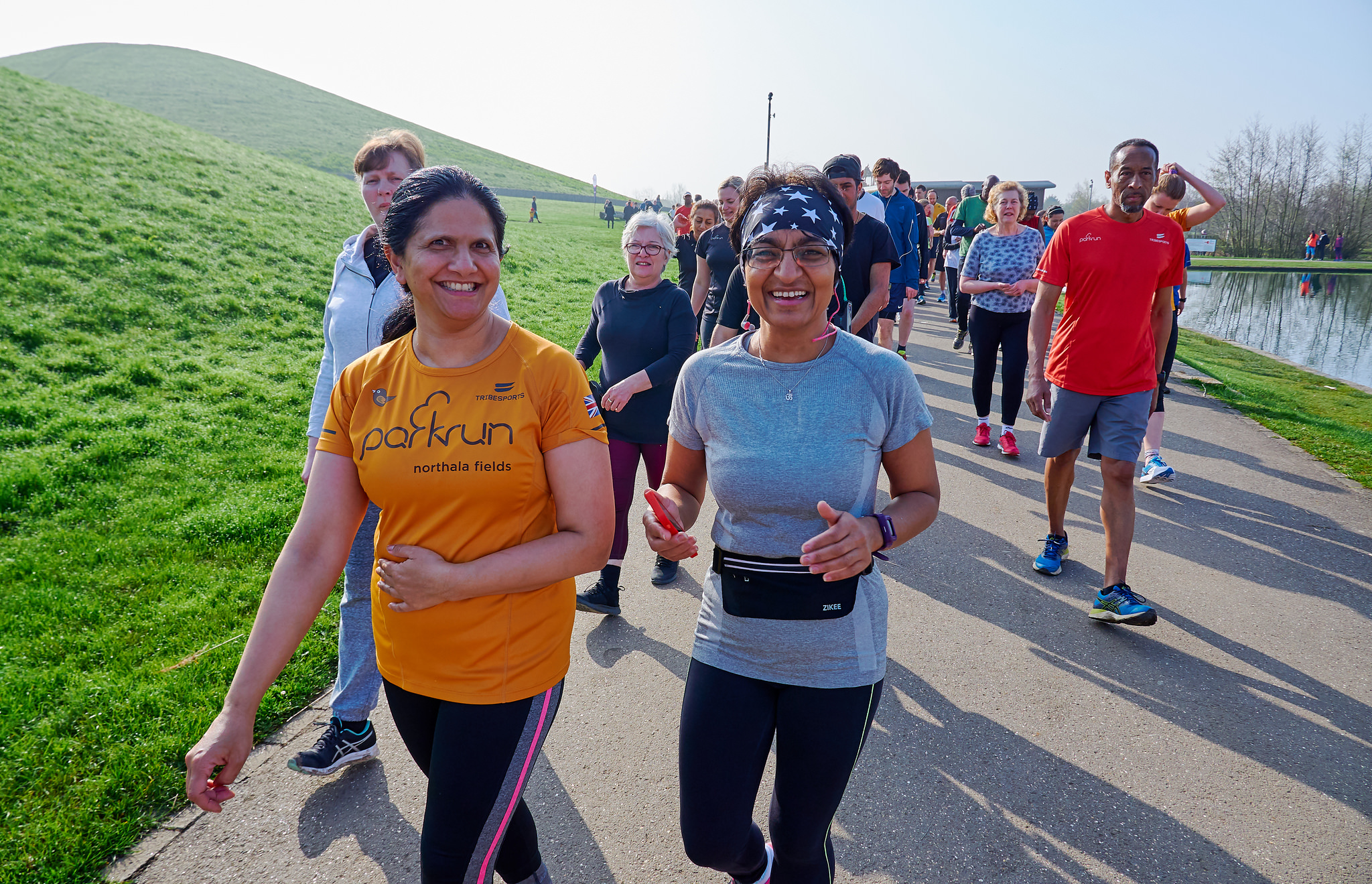
What do the next few years hold for parkrun?
The strategic objective is around challenging the current participation mix across the whole physical activity sector and understanding, reaching out and supporting those communities that are excluded. Our desire is to make the nation and communities healthier and happier. To do that we have to be able to provide solutions to people who are currently being locked out. Our strategic direction is to understand and overcome where different excluded and under-represented groups are not able to work with us and try to find conversations and solutions to support their participation. We're working on a GP referral pilot, the prisons are great leverage for us to reach really socially deprived communities, there's BAME participation, mental health... a myriad of different challenges. But perhaps the biggest challenge for us is not to try to do everything at the same time!
Read the second annual parkrun Run Report here.

